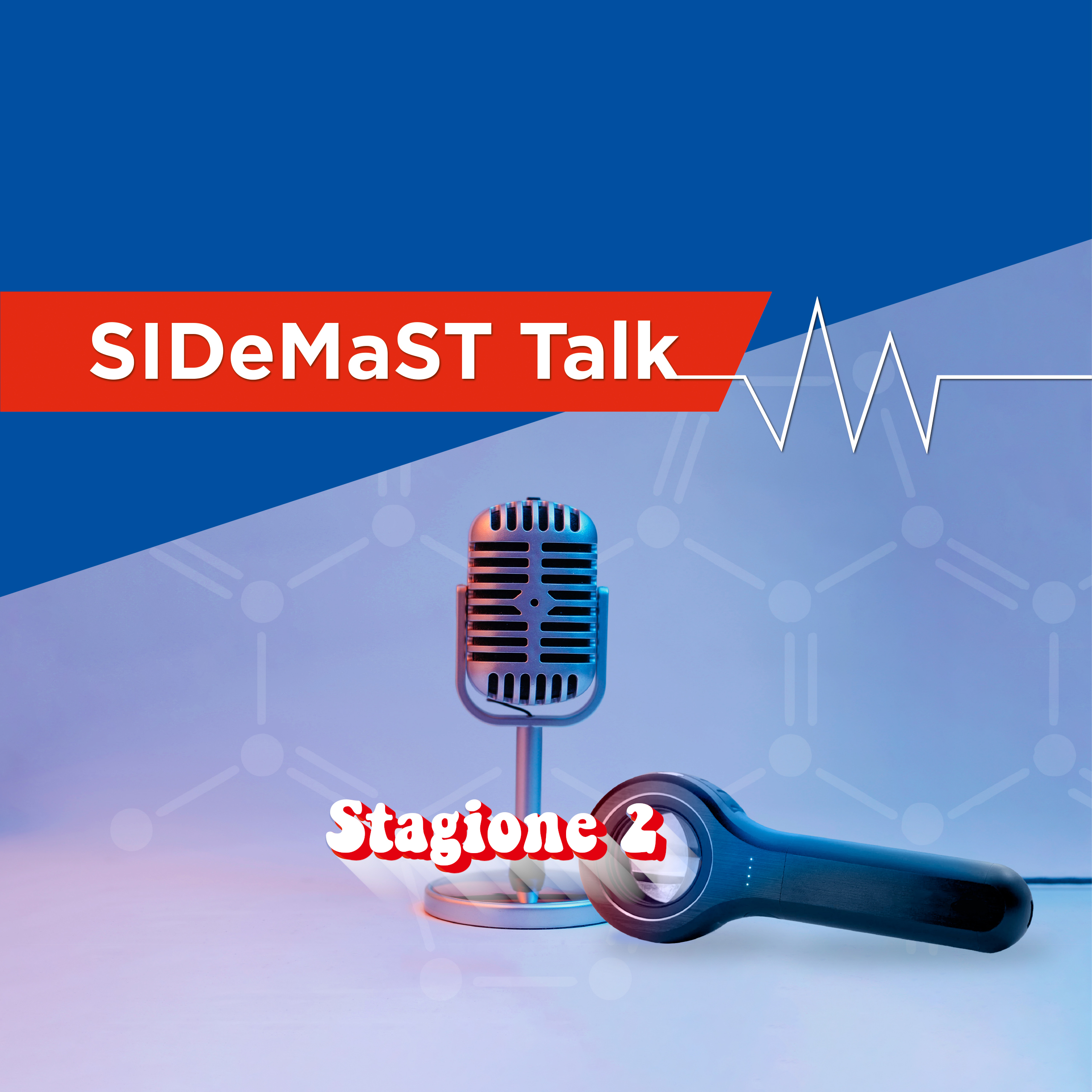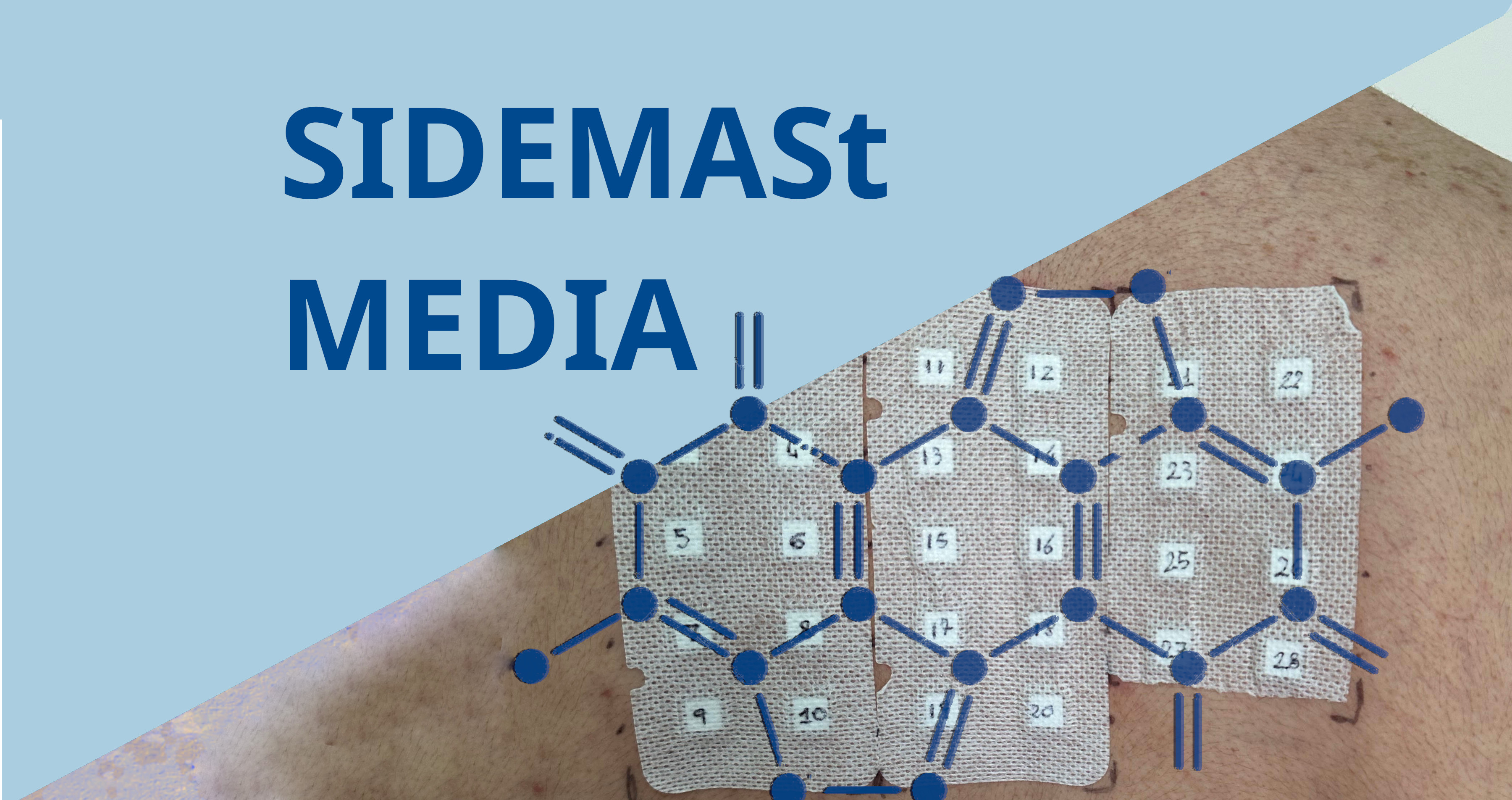While female pattern hair loss in post-menopausal women is often attributed to an excess of androgen, low testosterone levels may also play an important role in alopecia, researchers said here at the 25th Annual Meeting of the North American Menopause Society (NAMS).
Androgenic alopecia is a recognised form of post-menopausal hair loss; however, research on the role of testosterone in the condition has been lacking, according to Dorothy A. Fink, MD, Columbia University College of Physicians & Surgeons, New York, New York.
"Low testosterone levels have not been reported in the setting of female pattern hair loss," the researchers wrote in their presentation. "We hypothesise that menopausal women with female pattern hair loss and low testosterone levels are not as uncommon an association as the lack of reports suggests."
For the study, Dr. Fink and colleagues conducted a chart review of 1,294 patients, including 450 women who were menopausal. Among the menopausal women, 35 presented with alopecia. The women with alopecia had an average age of 52.6 and a body mass index (BMI) of 23.5 kg/m2.
Because testosterone assessment is not included in routine evaluations of asymptomatic women, the authors used historic controls for comparison.
Results showed that menopausal women with alopecia had mean total testosterone levels of 15.5 ± 10.8 ng/dl, which was significantly lower than the mean total testosterone levels of historical controls (43.2 ± 28.8 ng/dl; P < .001).
The levels of free testosterone in menopausal women with alopecia (0.85 ± 0.91 pg/ml) were not significantly different compared with historical controls' free testosterone levels (0.79 ± 0.41 pg/ml).
However, mean total testosterone levels in the menopausal women with alopecia were lower than previously reported among premenopausal women with hypothalamic amenorrhea (32.2 ± 14.2 ng/dl; P < .001).
The findings call into question the role of the types of medications prescribed for alopecia in menopausal women, according to the authors.
"Our findings challenge current treatment regimens for these patients that often include anti-androgen medications," the authors wrote.











